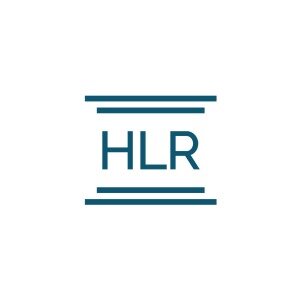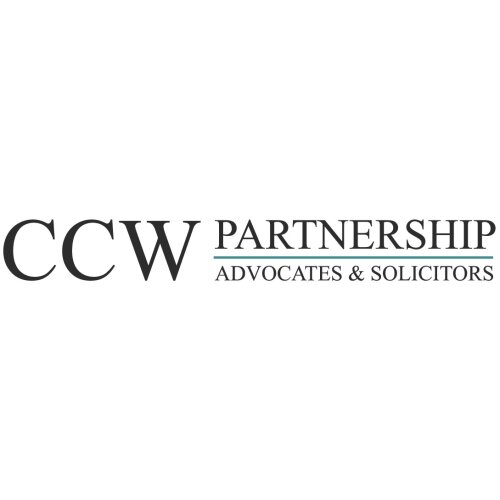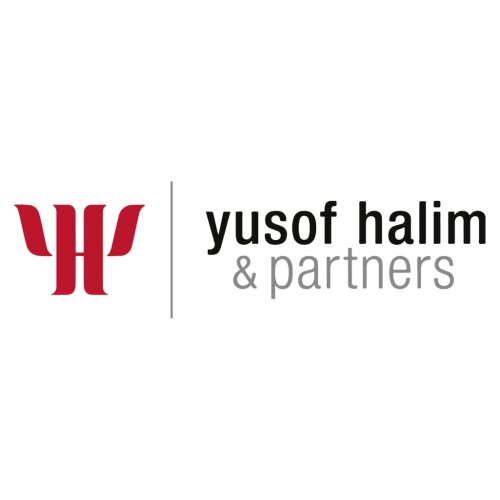Best Renewable & Alternative Energy Lawyers in Brunei
Share your needs with us, get contacted by law firms.
Free. Takes 2 min.
Or refine your search by selecting a city:
List of the best lawyers in Brunei
About Renewable & Alternative Energy Law in Brunei
Renewable and alternative energy refers to sources of energy that are naturally replenished or are considered environmentally sustainable, such as solar, wind, hydro, and biomass. In Brunei Darussalam, while oil and gas have traditionally been the mainstay of the economy, the government has been actively promoting the development and use of renewable energy to diversify its energy portfolio and support environmental sustainability. Legal frameworks are evolving to support the transition by regulating aspects such as project development, investment, and environmental compliance in the renewable energy sector.
Why You May Need a Lawyer
Legal matters in renewable and alternative energy can be complex, especially as new technologies and projects emerge. People may need a lawyer if they are:
- Establishing a company or partnership to develop renewable energy projects
- Entering into contracts for supply, installation, or maintenance of solar panels or other renewable energy systems
- Acquiring government permits or licenses for building or operating renewable energy facilities
- Navigating land acquisition or zoning issues for renewable energy projects
- Ensuring regulatory compliance related to environmental impact or safety standards
- Negotiating power purchase agreements or related commercial contracts
- Resolving disputes with contractors, suppliers, or government agencies
- Understanding incentives, subsidies, and tax benefits available for renewable energy investments
Local Laws Overview
Brunei’s legal landscape for renewable and alternative energy is shaped by a combination of government policy initiatives and existing legislation. Here are some key aspects:
- The Brunei National Energy Research Institute (BNERI) leads research and policy recommendations for renewable energy development.
- The Energy Department, under the Prime Minister’s Office, oversees the energy sector including renewable energy policy, implementation, and regulation.
- Investment incentives may be available under the Economic Development Board for clean energy projects.
- Environmental regulations require renewable energy projects to undertake impact assessments and comply with sustainability standards.
- The government is gradually introducing regulations and frameworks to support private sector participation in renewable energy, particularly solar photovoltaic projects.
- Land use for energy projects may require compliance with specific zoning and planning laws in Brunei.
While the legal framework is still developing, stakeholders must ensure compliance with all applicable laws, including those relating to business formation, environmental management, construction, and energy generation.
Frequently Asked Questions
What types of renewable energy are most common in Brunei?
Solar energy is currently the most viable and actively promoted renewable energy source due to Brunei’s climate, though there is growing interest in other alternatives like biomass.
Is it legal for private individuals or businesses to install solar panels?
Yes, private individuals and businesses can install solar panels, but must obtain the necessary approvals and comply with safety, zoning, and technical regulations from relevant authorities.
Are there government incentives for renewable energy projects?
Brunei offers some incentives, such as reduced import duties on renewable energy equipment and the possibility of grants or soft loans for qualifying projects, subject to government approval.
What permits or licenses are needed for a renewable energy project?
Projects typically need permits related to land use, building, environmental impact, and electricity generation. The specific permits required depend on the project scope and location.
What environmental regulations apply to renewable energy projects?
Most projects must undergo environmental impact assessments and comply with standards designed to minimize environmental harm as set by the Department of Environment, Parks, and Recreation.
How does the government regulate the sale of electricity generated from renewable sources?
Electricity sales, including from private renewables, are subject to regulation by the Department of Electrical Services, and often require negotiating a power purchase agreement with Brunei’s power utility.
Can foreigners invest in renewable energy in Brunei?
Yes, foreign investment is permitted, subject to compliance with business registration, foreign ownership, and sector-specific laws. Joint ventures with local partners are commonly encouraged.
What should I do if my renewable energy project faces opposition from neighbors or local authorities?
It is advisable to seek legal advice early, as consultation with stakeholders and compliance with all required procedures can help avoid disputes or resolve them effectively through mediation or legal channels.
Who regulates renewable energy policy in Brunei?
The Energy Department under the Prime Minister's Office, with guidance from BNERI and related ministries, regulates and sets policy for renewable and alternative energy development.
What are the risks of not complying with renewable energy laws?
Non-compliance may result in project delays, fines, denial of permits, or, in severe cases, legal action or closure of operations. It is essential to follow all legal and regulatory requirements.
Additional Resources
Here are some valuable resources and organizations that support renewable and alternative energy initiatives in Brunei:
- Brunei National Energy Research Institute (BNERI) - Provides research, policy papers, and public education on energy sustainability.
- Energy Department, Prime Minister's Office (EDPMO) - Responsible for licensing, policy-making, and overall management of the national energy sector.
- Department of Economic Planning and Statistics (DEPS) - Oversees investment and economic development, including incentives for renewable energy projects.
- Department of Environment, Parks, and Recreation (JASTRe) - Regulates environmental impacts of energy projects and issues related guidance and permits.
- Brunei Climate Change Secretariat - Coordinates national climate change initiatives including the drive for cleaner energy.
- Local law firms and legal advisors - Offer specialized legal counsel for renewable energy project planning and execution.
Next Steps
If you are planning to invest in, develop, or operate a renewable or alternative energy project in Brunei, consider the following steps:
- Identify the specific type of project or investment you are interested in.
- Research the applicable laws, regulations, and incentives, using the resources listed above or through government agencies.
- Engage a qualified lawyer or legal consultancy experienced in the Bruneian energy sector to guide you through permit applications, contract negotiations, and compliance issues.
- Prepare all necessary documentation, including technical plans, environmental impact statements, and legal agreements.
- Consult with relevant authorities early to ensure your project meets all zoning, safety, and regulatory requirements.
- Maintain up-to-date records and stay informed about ongoing legal and policy developments in the renewable energy sector.
Navigating the legal landscape in renewable and alternative energy can be challenging in Brunei’s evolving market, but professional legal support can help you maximize your project’s potential while minimizing risks.
Lawzana helps you find the best lawyers and law firms in Brunei through a curated and pre-screened list of qualified legal professionals. Our platform offers rankings and detailed profiles of attorneys and law firms, allowing you to compare based on practice areas, including Renewable & Alternative Energy, experience, and client feedback.
Each profile includes a description of the firm's areas of practice, client reviews, team members and partners, year of establishment, spoken languages, office locations, contact information, social media presence, and any published articles or resources. Most firms on our platform speak English and are experienced in both local and international legal matters.
Get a quote from top-rated law firms in Brunei — quickly, securely, and without unnecessary hassle.
Disclaimer:
The information provided on this page is for general informational purposes only and does not constitute legal advice. While we strive to ensure the accuracy and relevance of the content, legal information may change over time, and interpretations of the law can vary. You should always consult with a qualified legal professional for advice specific to your situation.
We disclaim all liability for actions taken or not taken based on the content of this page. If you believe any information is incorrect or outdated, please contact us, and we will review and update it where appropriate.
Browse renewable & alternative energy law firms by city in Brunei
Refine your search by selecting a city.














